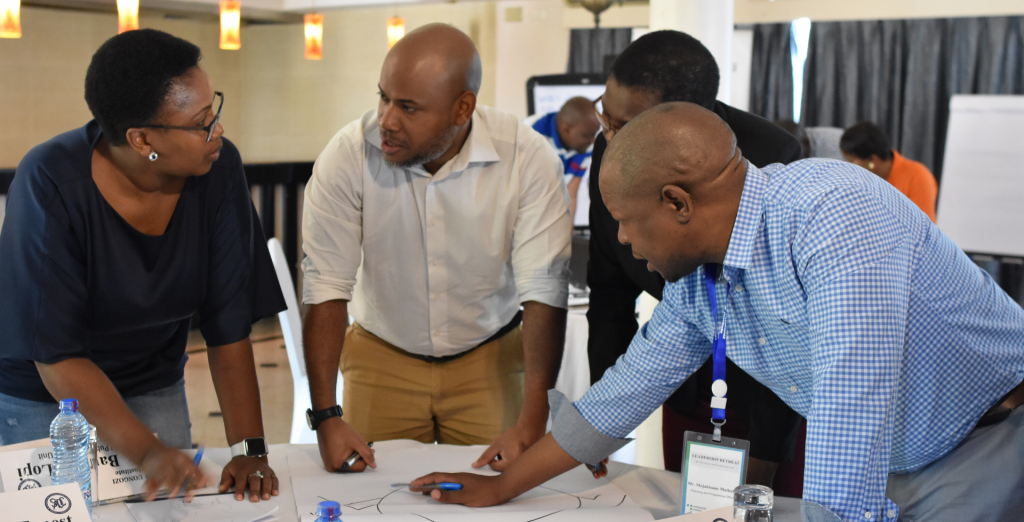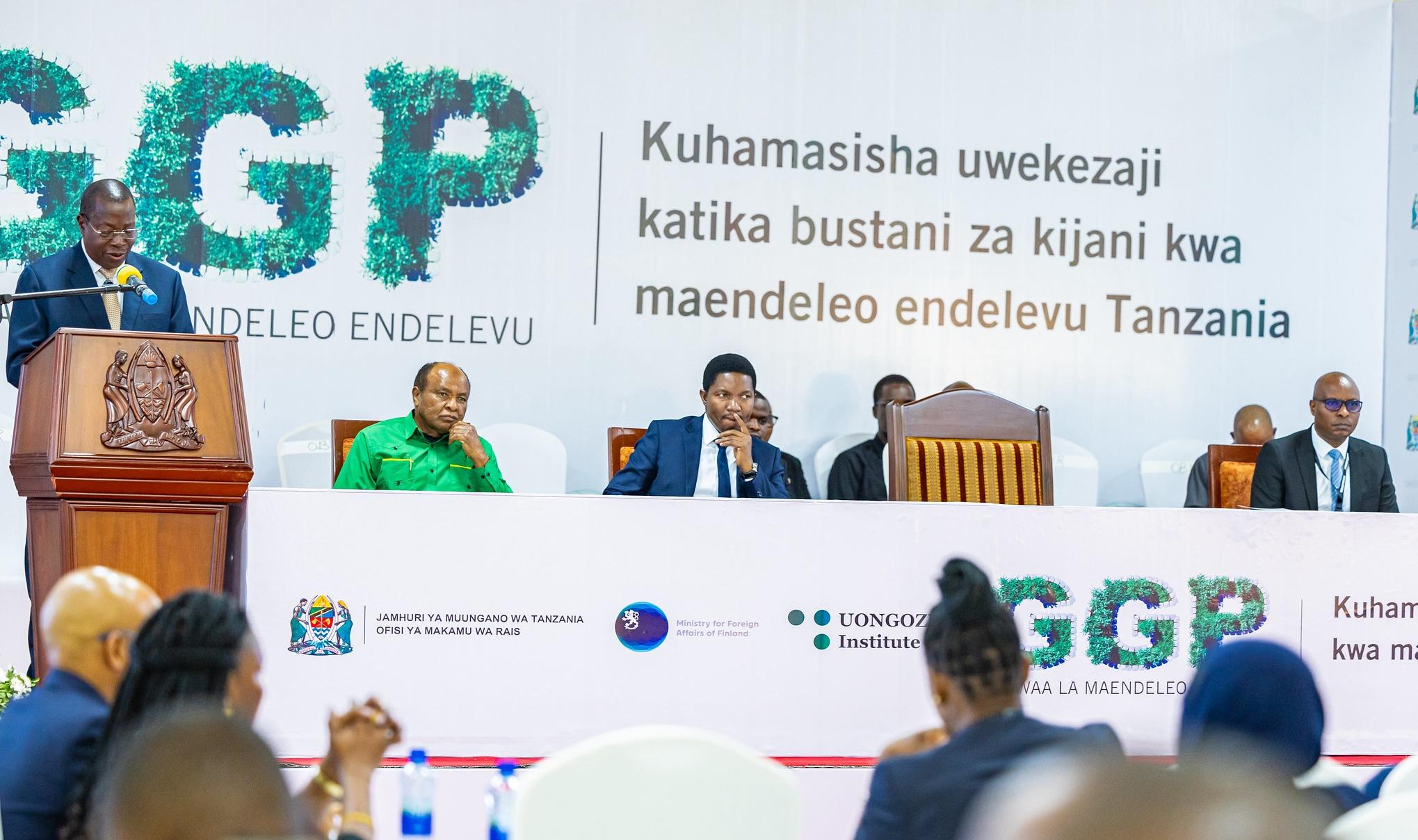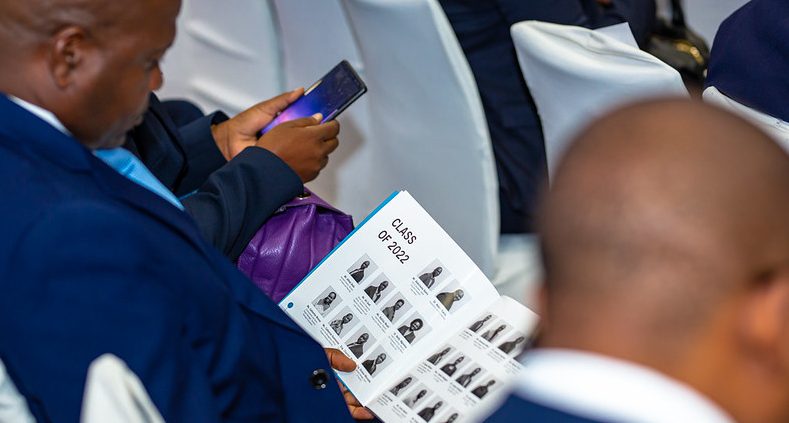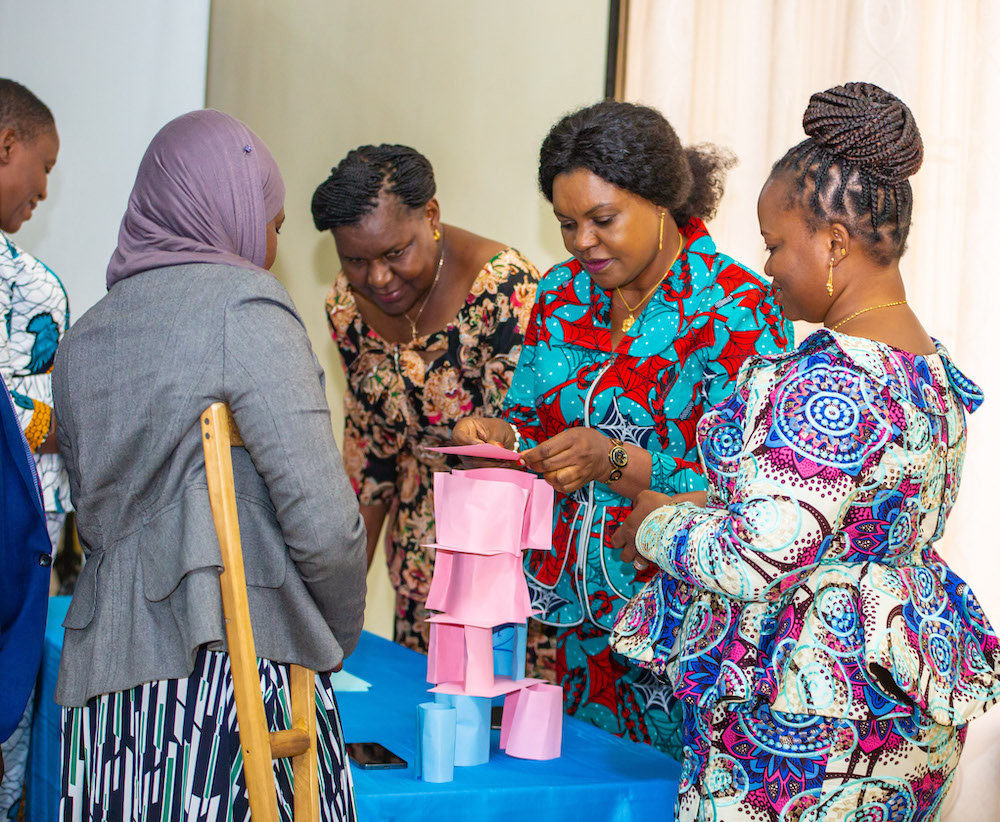As we aim to reach a wider audience and enhance our philosophy of achieving sustainable development through competent leadership, we continue to foster new partnerships and strengthen the existing ones.
We were pleased to have a new partner on board, the Southern African Development Community (SADC). This partnership led us to facilitate a three-day retreat for the Office of the Executive Secretary from 5 – 8 August 2019, in Dar es Salaam, Tanzania. Followed by a Public Lecture on Deepening Integration in SADC and a retreat for the SADC’s Directorate of Policy, Planning and Resource Mobilisation.
The objective of the retreat for the Office of the SADC’s Executive Secretary was to reflect on the functions of the Office, as well, as to discuss and recommend approaches for increasing efficiency.
The retreat facilitated open feedback among participants, allowing them to reflect on achievements and challenges whilst addressing difficult questions and recommending a way forward.
Delivering welcoming remarks, the CEO of UONGOZI Institute, Prof. Joseph Semboja expressed warm gratitude to the SADC Secretariat for all the cooperation and support it extended through its partnership with the Institute.
He urged participants to actively participate in the retreat sessions whilst stressing that only they could determine the lessons to take. He further encouraged them to use the opportunity of being in Tanzania to visit various tourist attractions that the country has.
In her remarks, the Executive Secretary of SADC, H.E. Dr. Stergomena Lawrence Tax thanked UONGOZI Institute for accepting the request to facilitate the retreat.
“We appreciate UONGOZI Institute’s role in this and it shows how the Institute is committed to enhancing leadership in our region,” expressed H.E. Tax.
She encouraged participants to be honest and identify solutions to address the existing challenges at the Secretariat. She emphasised on ownership and practicability of the proposed solutions.
She said, “We need ownership, particularly in planning. When you start there, it spreads to other areas. So, try as much as possible to come up with recommendations that are practical to allow us to move to the top.”






